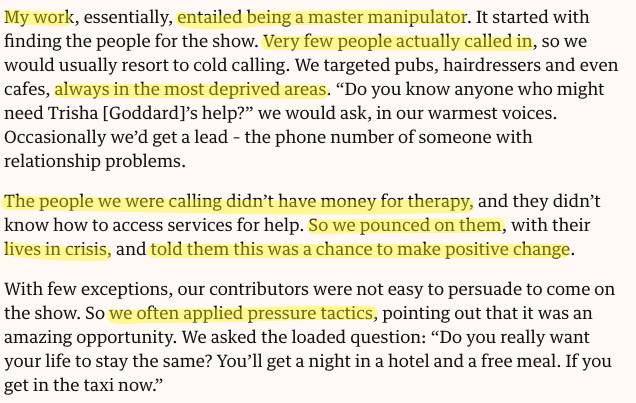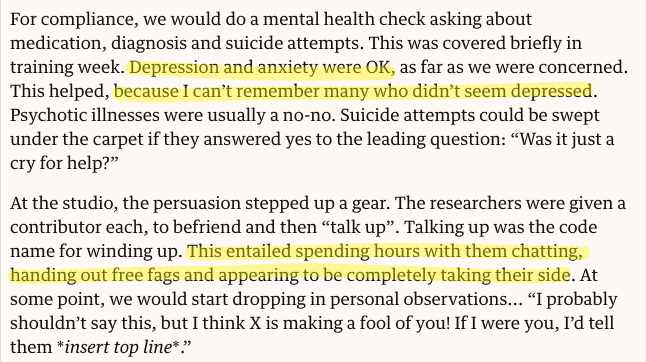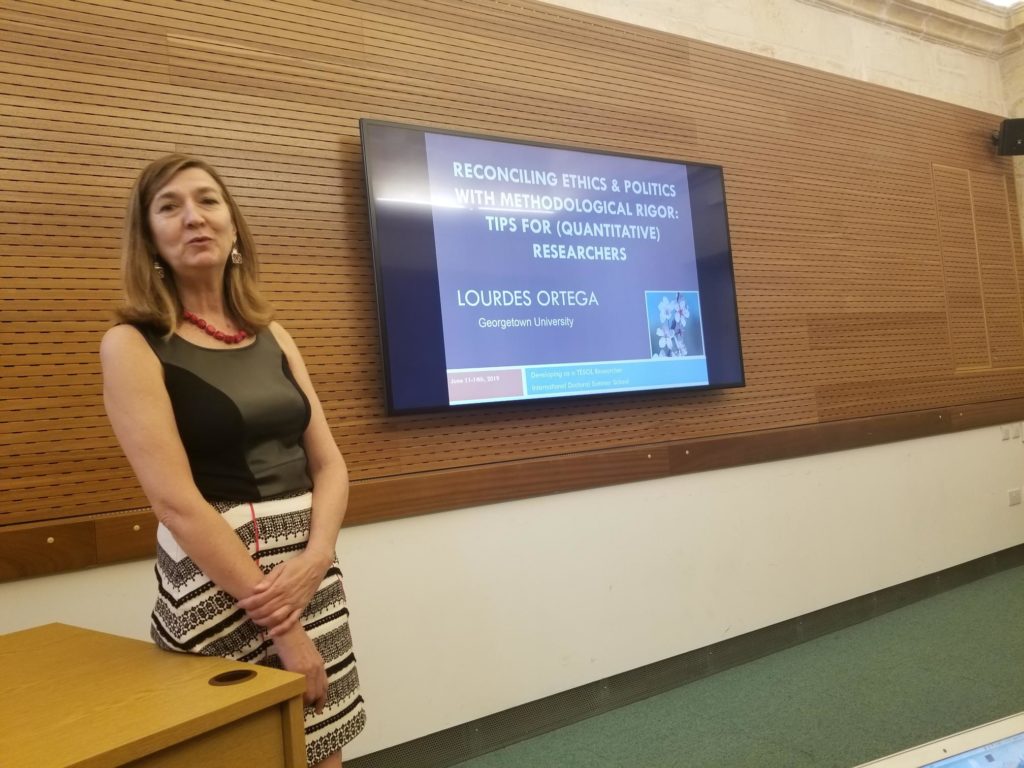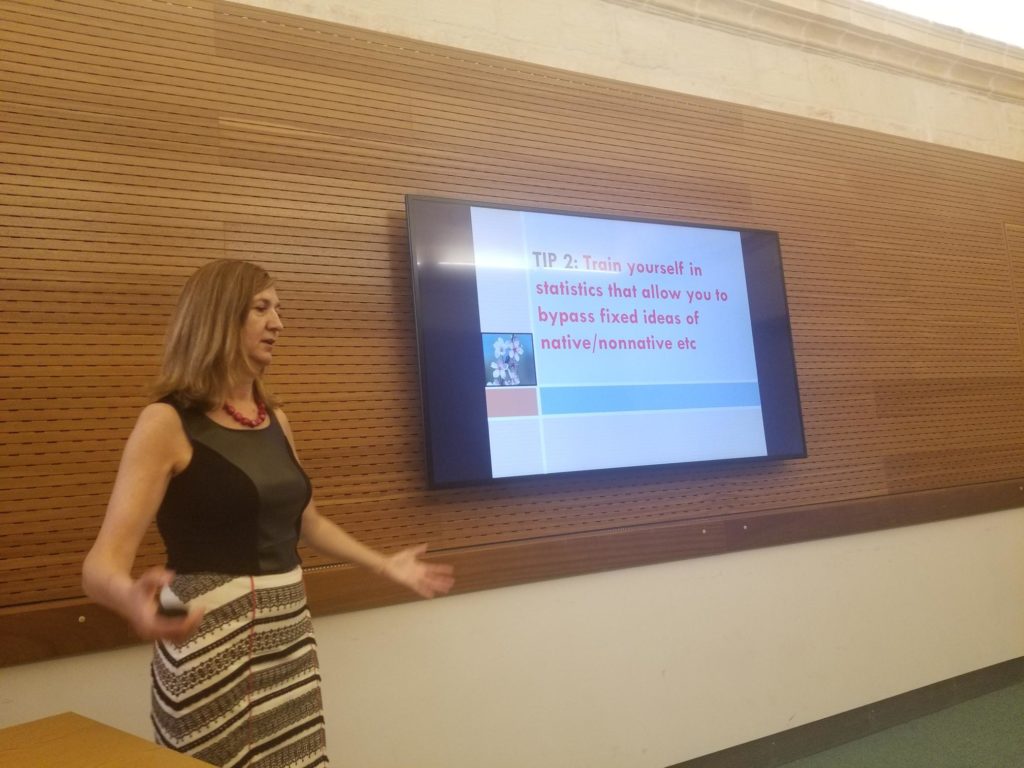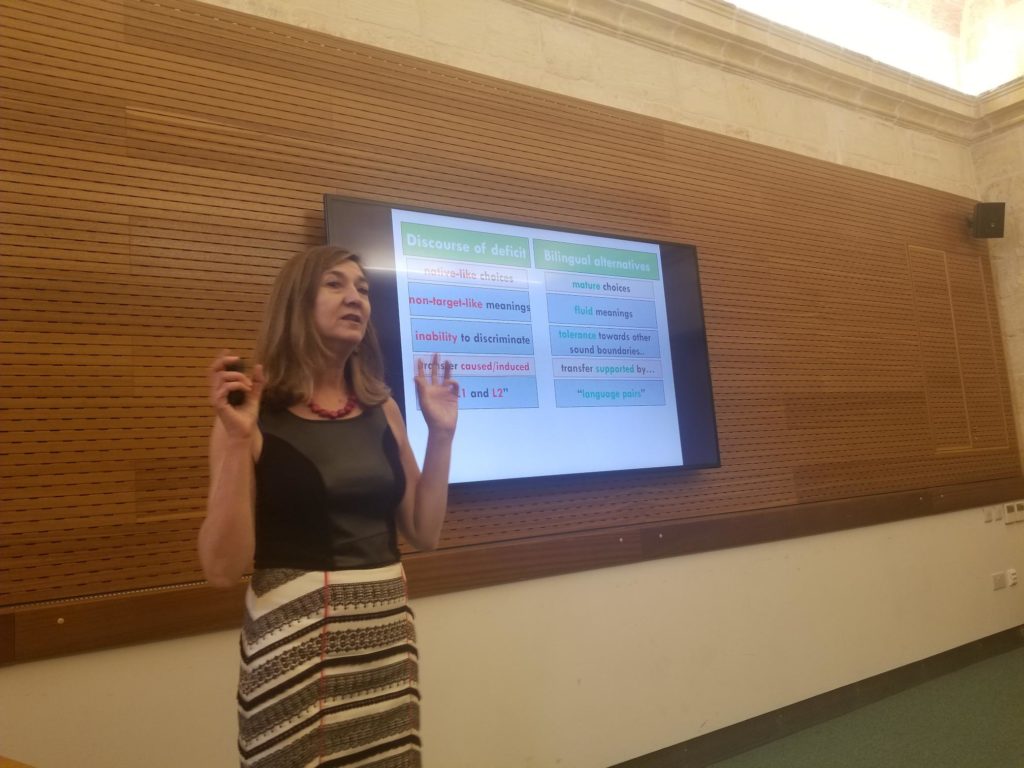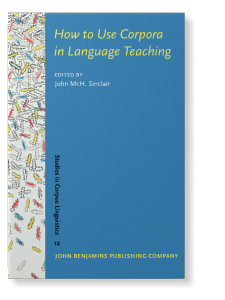Online Data-Driven Learning SPOC “Improving Writing Through Corpora” is now live at the following address:
https://edge.edx.org/courses/course-v1:UQx+SLATx+2019/about
Improvements in Version 2 include:
A) All course images and functionality have been updated for the ‘new’ Sketch Engine interface.
B) New functions specific to the ‘new’ Sketch Engine interface are now included in the course (e.g. Good Dictionary EXamples (GDEX))
C) Course is now completely self-contained – no need for external assessments. Certificates of completion generated automatically upon completion of online activities.
D) Improved reflective component and opportunities for peer discussion.
The course is primarily pitched at L2 graduate writing students, but anyone is eligible, whether a student, lecturer, or anyone with an interest in language and technology.
To enrol, follow the instructions at the link provided. Please contact the course creator Dr. Peter Crosthwaite at p.cros@uq.edu.au with any questions or technical problems.
